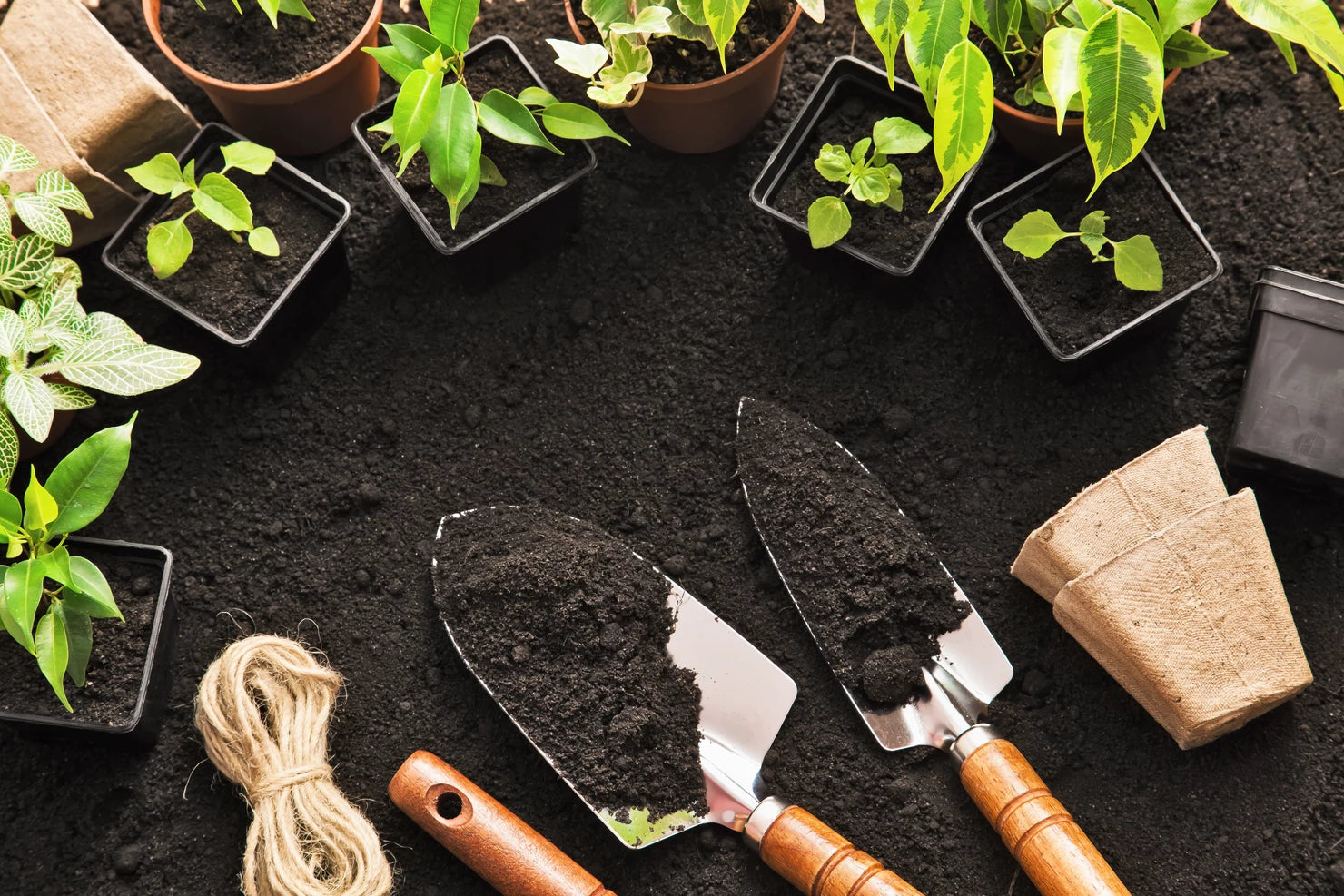Maxima Orchids are the perfect addition to any garden, with their stunning beauty and vibrant colors. Learn all about this gorgeous flower, including how to properly care for them, what kinds of growing conditions they need, and more!
Overview of Maxima Orchid Species
Maxima Orchids are a species of flowering perennial orchids native to tropical and subtropical regions of the world, including South America, Mexico, West Indies and Africa. These flowers have thick pseudobulbs, wide green leaves and large serrated petals that come in a range of amazing colors such as pink, orange, yellow and white. Maxima Orchids bloom in spring and summer months with showy fragrant blooms which can last for weeks at a time!
Growing Requirements for the Maxima Orchid
In order to get the best out of your Maxima Orchid, you need to provide it with optimal conditions just like any other flowering species. First and foremost, Maxima Orchids require plenty of humidity and a temperature between 65-80°F to thrive. They need bright indirect light all year round and should spend 8-10 hours per day outdoors if possible. During active growth season, feed every two weeks with organic fertilizer or orchid food specifically formulated for their needs.
Caring for a Maxima Orchid
Proper care and maintenance of a Maxima Orchid includes regular watering and trimming back dead roots or leaves. Water frequently during the warmer months, allowing the potting mix to nearly dry out between each session. A lightly moist soil is best, so err on the side of caution with how much you water. To maintain the desired size, prune away dead leaves and flower spikes as you see them. This will also encourage more blooms throughout the season.
How to Propagate Maxima Orchids
One of the easiest methods of propagation for Maxima Orchids is division. After flowering is complete, cut apart the mature and healthy clumps that have formed. When trimming, leave some roots with each division and use a sharp knife or scissors. Replant in fresh, new potting soil immediately following propagation and water thoroughly to help the young plants get established.
Common Diseases and Pests Affecting the Maxima Orchid
Unfortunately, the Maxima Orchid is prone to a variety of pests and diseases that can cause discoloration and deformation. Common insects like mealybugs, scale, spider mites, thrips and aphids can be controlled with insecticides and strong air flow. Additionally, certain fungal diseases and viruses can lead to drooping leaves, yellowed leaves and wilted flowers. Treating these symptoms early with a fungicide is key in preventing further damage to your plants.










